Who doesn’t love the comfort, beauty, and aroma of a candle? Candles are lovely to burn, but traditional candles are not only toxic to humans, but can be even more so to pets. Candles are often associated with wellness, but the reality is exactly the opposite. Though candles can pose an obvious fire hazard around pets or danger to pets if consumed, I’m talking about the dangers associated with the toxins released when we burn a candle as intended.
Do you know why you should worry about candles and cats, dogs, and other pets?
Conventional candles typically contain a whole host of toxins. The candle industry is not regulated as other consumable industries are, so candle manufacturers are not required to label what is in the candles. We–as well as our pets–are consuming these ingredients though our lungs, and the toxins enter the bloodstream.
Burning candles reduces the air quality in your home, akin to cigarette smoke or car pollution. This means that underlying conditions such as asthma or allergies can be exacerbated by candle-burning. Since our pets are typically smaller than we are (unless you have a horse as a lap-pet), they are affected even more, as they are breathing in the same level of toxins as their human counterparts. The EPA has confirmed that the smoke and soot from burning conventional candles releases dangerous chemicals including known or likely carcinogens, neurotoxins, and reproductive toxins.
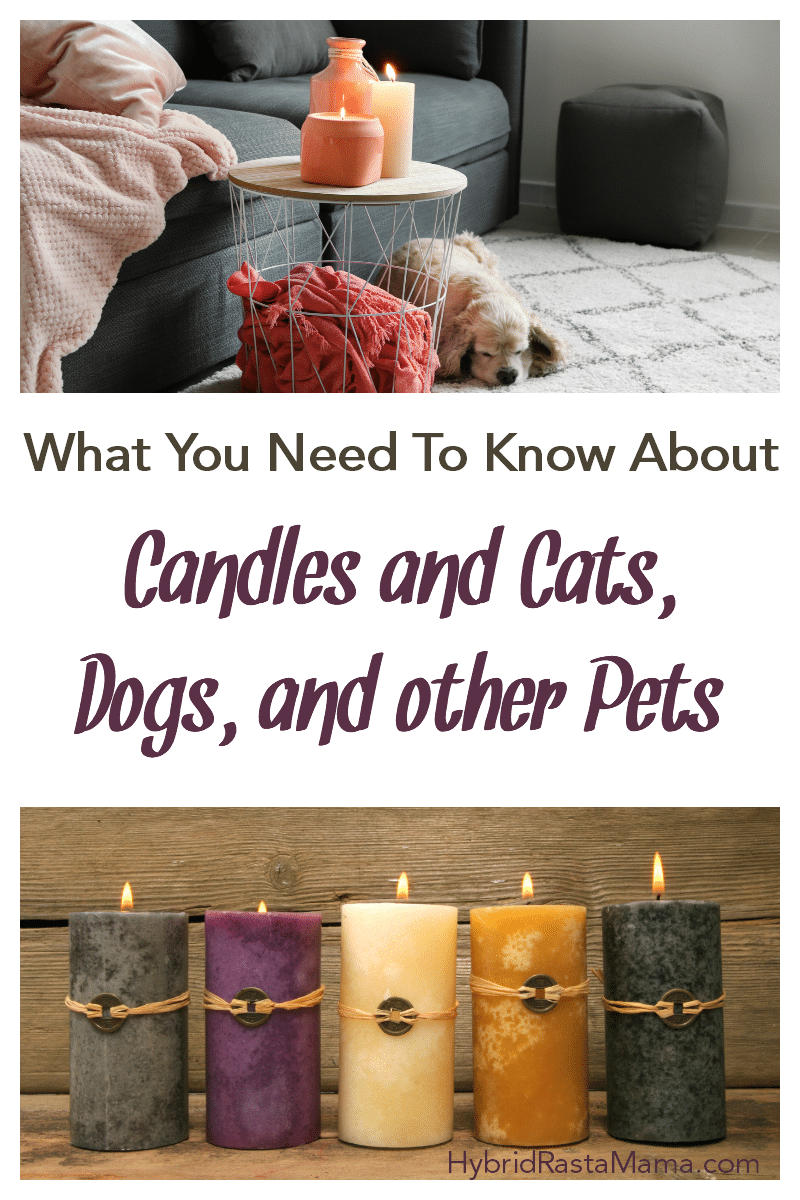
What toxins are found in candles?
Paraffin. Paraffin is the main ingredient in most everyday candles. Most of us think of paraffin as just wax. In reality, it is made from petroleum waste. Paraffin releases carcinogens when burned.
Lead. Wicks with a metal core (to provide support as the candle melts) likely contain lead. The EPA states that “burning candles with lead core wicks may result in indoor air concentrations of lead above EPA-recommended thresholds.” The U.S. candle manufacturing industry voluntarily agreed to discontinue the use of lead in wicks in 1974, but imported candles still commonly contain them. Even low-level lead exposure can affect the central nervous system.
Artificial Scents and Colors. The artificial scents and colors used in most decorative candles can be allergens and irritants, especially to pets.
Acrolein, Formaldehyde, and Acetaldehyde. The EPA states that studies show that candle emissions exceed EPA-recommended thresholds for these chemicals.
Benzene. Benzene can be inhaled in the soot from a burning candle and is a known carcinogen.
Toluene. Also inhaled in soot, toluene has proven to affect the central nervous system.
In 1999 the NCA reported that “seven out of ten U.S. households use candles, and candle manufacturers’ surveys show that ninety-six percent of all candles purchased are bought by women.” Some candles are worse than others. A good rule of thumb–though not always true–is that the cheaper the candle, the more toxins it probably contains. So avoid those dollar store steals at all costs. Stephanie Langford of Keeper of the Home outlines the worst offenders:
Avoid
• dollar store or super-cheap candles
• imported candles (stick with ones that are made in North America)
• any candle that appears to have a metal-core wick (learn how to spot them)
• scented candles (unless they are naturally scented)
• gel candles
• cheap “aromatherapy” candles from brands like Febreeze and Glade.
There is actually nothing truly therapeutic about the scents in these candles and much that is harmful.
How Does Burning A Candle Hurt My Cat, Dog, Rabbit, or Other Pet?
The toxins released into the air from a burning candle affect everyone in the household, including your pets. The effects on your pets are magnified because they are smaller and can’t process the toxins as quickly. Not to mention the fact that pets are usually more sensitive to smell than we are, so that festive, light gingerbread scent we’re enjoying is likely overwhelming to your dog or cat. Rabbits, mice, and other small pets can also be adversely affected.
Birds are especially sensitive to indoor air pollution, of which candles are one source. Birds have extremely delicate respiratory systems so are unable to process the particulate matter that candles burn off. The fumes from candle scents are often very irritating. Birds who have inhaled candle fumes can exhibit immediate health problems. Shaking, trembling, and wobbly legs are signs that your bird should be taken to the vet immediately.
Are there alternatives to burning traditional candles?
Thankfully, yes.
Keeper of the Home suggests options that are somewhat better, which include higher-end candles from reputable stores because they are more likely to include safe wicks and less likely to use artificial fragrances. Taper candles are least likely to contain lead wicks.
The best option suggested is the beeswax candle. They are expensive, so may require more limited use in order to meet some budgets, but they are the healthiest choice. Beeswax candles are pure and burn clean. It is a natural wax (just be sure the candle is 100% beeswax and is not mixed with paraffin).
Beeswax is not an option for vegans, so another great alternative to conventional candles is the soy candle. Like the beeswax candle, soy candles are more expensive, but they burn clean and have longer burn times than conventional candles, so you get more bang for your buck. Some of us may choose not to support the soy industry, a valid point against the soy candle, but I’ll leave that choice up to the individual candle burner.
Personally, I use air purification candles. They burn clean, won’t harm your pets, and clean the air at the same time.
If neither beeswax or soy works for you, essential oils might be an option for creating the atmosphere you’re trying to achieve. Battery-operated candles are also a safe option.
Regardless of the type of candle you choose, always burn a candle in a well-ventilated area, and allow your pet the option of leaving the room or going outside. Our pets are as individual as we are, which means some pets will be more sensitive than others. Give them an “out.”
Burning traditional candles clearly can adversely affect your pet, as well as the entire family. If you or your pets have mysterious allergies or symptoms, try eliminating your candle burning to see if your condition improves.
Further reading and resources about candles and cats, dogs, and other pets:
- EPA Research and Development, Candles and Incense as Potential Sources of Indoor Air Polution: Market Analysis and Literature Review
- Burning Healthier Candles
- Toxins in Candles: Sad, but True
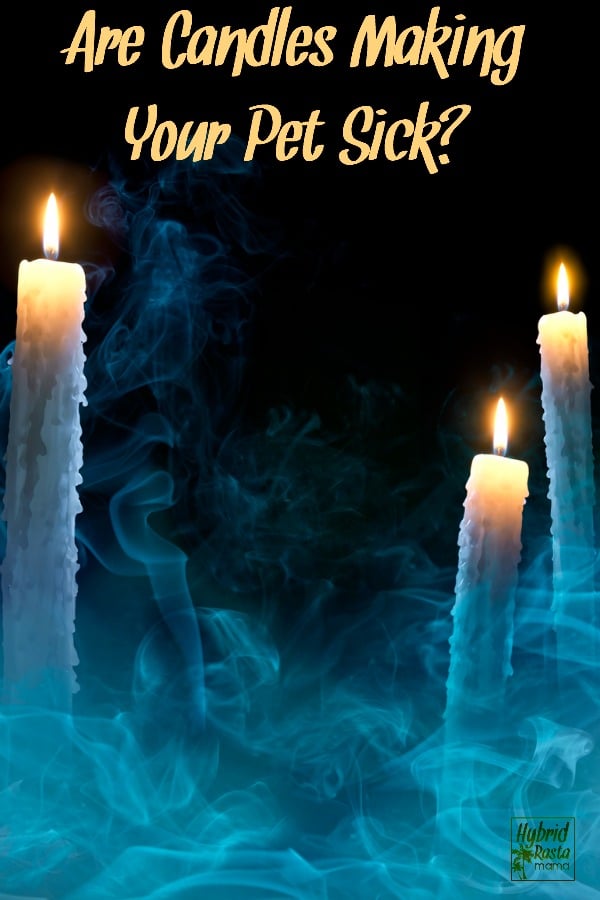

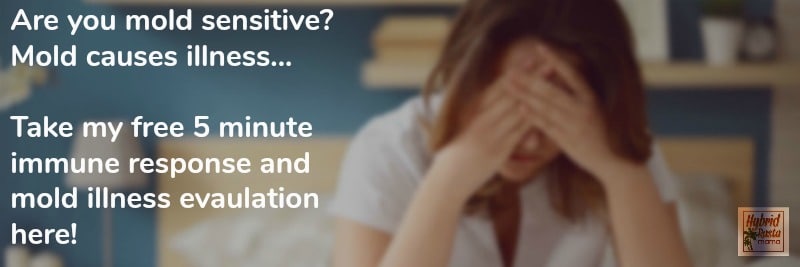

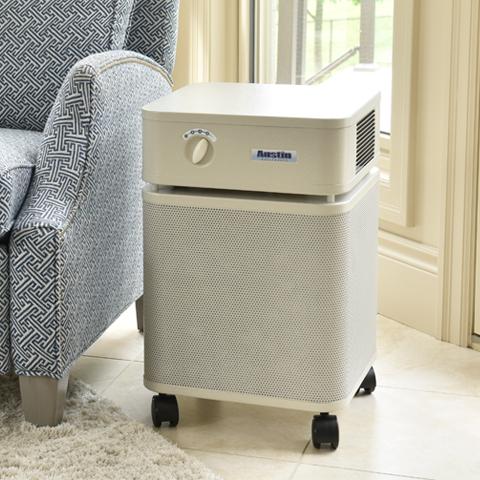

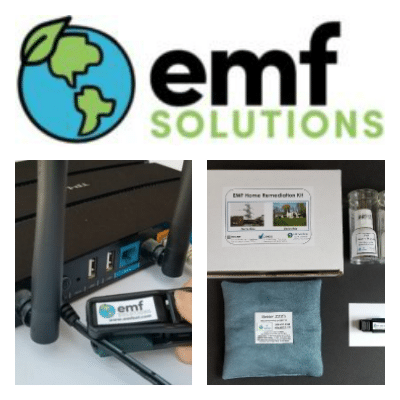


Tag-Along says
Do you know if using a candle warmer reduces any of the toxins that are released? Or is that simply cutting out the possible lead from the wick burning?
I have several pets and never burn candles. I do have a candle warmer but use it less than 10 times a year.
Kristen–well minded says
Great question, Tag-Along! You are correct in that they cut out the possible threat from the wick burning, but when the wax is heated, the toxins in the wax are still released, so unfortunately, they aren’t a great option. Here is a link to an article that explains it in greater detail and even provides a recipe for DIY safe wax melts. Hope that helps!
http://healthylivinghowto.com/1/post/2014/01/diy-scented-wax-melts.html
Tag-Along says
Thank you very much. My MIL is a beekeeper so I have access to beeswax. I may try that wax melts. I’ll need to do some digging to find out what essential oils are good to use around cats for aromatic purposes.
SJ Roragen says
I have read on several other blogs that there are some essential oils which adversely affect animals, also.
Kristen–well minded says
Yes, SJ Roragen. If applied topically or internally, there are several essential oils that can adversely affect animals, especially cats. To my knowledge, using them for aromatic purposes is safe.
liz says
is,,,wax,melts,in,a,wax,warmer,toxic,for,cats,to,smell,it,,?
Jennifer says
Hi Liz! What kind of wax? Natural beeswax would be ok. But regular candle wax that is scented would still be problematic.
Kerry says
Hello,
I have a business making candles, i do this in my home and sometimes am making up to 300 candles at one time. i myself have been forced to wear a mask while making the candles due to the respirtory issues i was having. I make soy candles with combo essential/fragrance oils.
My dog is always in the other room and i am curious if this is affecting her as well. i keep the house well ventilated with a fan and doors open, but now am worried as we just got blood test results back that her liver enzymes are high. I’m trying to think of anything possible that can lead to this. Hope you can help or anyone reading can help. Thank you.
Sarah says
Scented candles have always been a part of my life and it wasn’t until 2014 when I was diagnosed with cancer that I began re-evaluating my lifestyle choices, eating habits and behaviors. After discovering a large majority of mass marketed candles contain harmful chemicals and additives in their products, I was unwilling to simply walk away from using scented candles. Instead, I set out to design the perfect medium in order to create a highly fragrant, clean burning, pure and natural product that was safe for my family, my pets and the environment.
My pets were an integral part of my healing process and after nearly 18 months of research and working with various medical, holistic and naturopathic practitioners, I created a line of 100% organic and captivatingly fragrant scented wax melts designed in the shape of a paw. Why the paw? To pay tribute to our furry friends who help us through life’s difficult times. We also donate a portion of our profits to animal shelters.
I don’t know whether the frequent use of scented candles had any influence on my health prior to my diagnosis, but I do know that I will NEVER again use any scented candle/wax melt that isn’t 100% organic and natural. My health and that of my family and pets is far too precious to take the risk.
Please check out Paw Melts and let me know what you think => http://www.pawmelts.com/
Sarah
Alice Carroll says
It’s good to know that as long as soot is not produced, wax melts can be safe for animals. I’d like to use handmade scented coconut wax melts in order to remove odors in my living room. Ever since I adopted my dog, my living room started smelling like him.